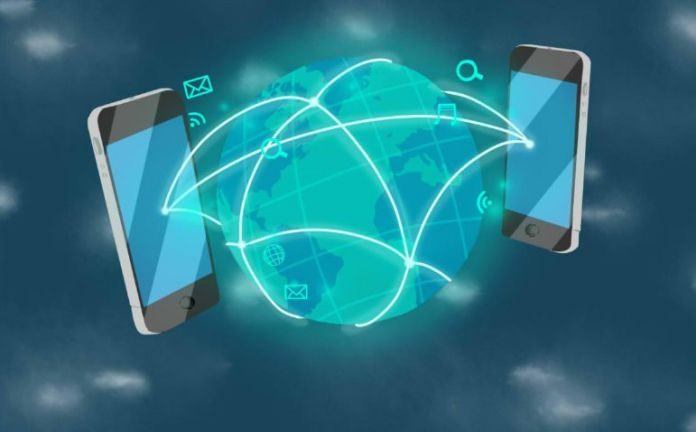The high data rates of Internet making your pocket empty. When it comes to the data pack or internet pack, we pay more and get less. Currently, there are various projects in progress that will bring the internet to people in cheap cost. Many of these projects focus on putting an infrastructure in place that consists of thousands of Wi-Fi Hotspots.
A South African researcher Daneel Uys have created a new proposed peer-to-peer (P2P) mobile data platform. This new platform is also known as BitData: A Peer-to-Peer Mobile Data System.
Researcher builds this system to respond to high data rates and the DataMustFall movement. DataMustFall movement states that the data cost must decrease.
The BitData system is similar to that of the bits value transfer on the Bitcoin network. The BitCoin network consists of the peer to peer network that operates on a cryptographic protocol. Similarly, in BitData system, data bits exchange in a P2P manner.
BitData proposes that each and every mobile device that is constantly moving around cities and all over the world is a potential Wi-Fi Hotspot. It forms a larger foundation than what any entity will be able to economically install.
Uys said, “Consider the following situation – you are at home where you have a fast, cheap and reliable Internet connection. The connection is probably connected through a fixed line or even optical fibre.
The rate charged for very high speeds and uncapped data over a fixed connection is orders of magnitude less expensive than that what you are being charged by your mobile data provider.”
